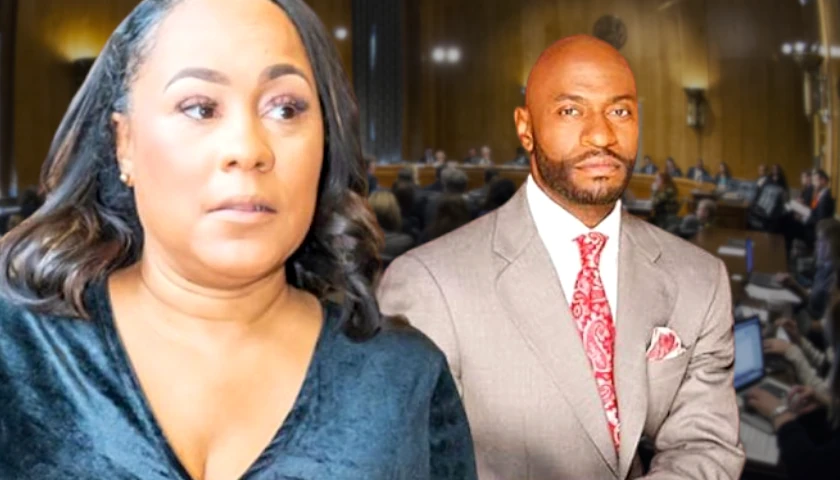Consistently in polling, educators refer to the heavy workload as being a major factor to why they leave the education profession. Today educators must also exercise a higher duty of care than most other professionals. Teachers face exposure to liability much greater than does the average citizen. Teacher burnout is actually an international epidemic.
Nearly every day, teachers must deal with diverse laws related to issues such as child abuse, student discipline, negligence, defamation, student records and copyright infringement. And still they must teach. So, every time we see legislation that adds to the teacher workload, we look very cautiously at it.
If we created a parent dress code, it will only add more work to our already overburdened educators, as well as increase their liability. That does not mean adults should not dress appropriately on school grounds. However, educators should not be the enforcement part of any proposed law. Do we expect teachers to issue speeding tickets in school zones? Should they enforce seat belt laws or arrest those who violate cell phone usage in a school zone? Of course not. So why is this issue more important or any different?
As Professional Educators of Tennessee has pointed out, most of what Representative Parkinson seeks to address is already in state law. It happens to be in a different code than laws that strictly are on education. Adults should dress properly. And of course, adults should conduct themselves properly in public. Previous legislators understood that indecency laws and behavior problems, which impacts all of society, are criminal offenses. It has simply been unenforced in most cases.
Now because of a few isolated instances that were never reported to police who have proper jurisdiction, we are rushing to pass legislation and add to the burden of our public schools. Are educators now to act as law enforcement agents on matters of dress by adults? We should discuss the issue and perhaps study the issue further. But changes should be made in of the Title 39 Tennessee Code Annotated (T.C.A.): general offenses, offenses against the person, offenses against property, offenses against the family, offenses against the administration of government, and offenses against the public health, safety and welfare not Title 49 Education.
The problem that legislation like this seeks to solve with student dress code policies alone have resulted in many court cases over the years. This type of legislation will compound the problem for teachers, schools, and districts. In general, public schools are allowed to have student dress codes and uniform policies which cannot be discriminatory or censor expression. And most of the policies are targeted at females. In St. Louis area, the Mehlville School District dealt with multiple complaints in August 2018. This will prove extremely problematic when enforcing policies with adults. So, if legislation is to be passed on this matter, include immunity for teachers, schools and districts. And prepare for the litigation that is sure to follow.
The law of unintended consequences, often cited but rarely defined, is that actions always have effects that are unanticipated or unintended. It is common sense that adults should dress appropriately in public. However, to make this cultural matter one that places public education as the gatekeepers of public indecency for adults makes little sense. We hope this matter can be resolved without increasing, unnecessarily, the workload of our educators. The intended and unintended consequences of any legislation of this matter might not be what you want.
– – –
JC Bowman is the Executive Director of Professional Educators of Tennessee, a non-partisan teacher association headquartered in Nashville, Tennessee. Permission to reprint in whole or in part is hereby granted, provided that the author and the association are properly cited. For more information on this subject or any education issue please contact Professional Educators of Tennessee.





